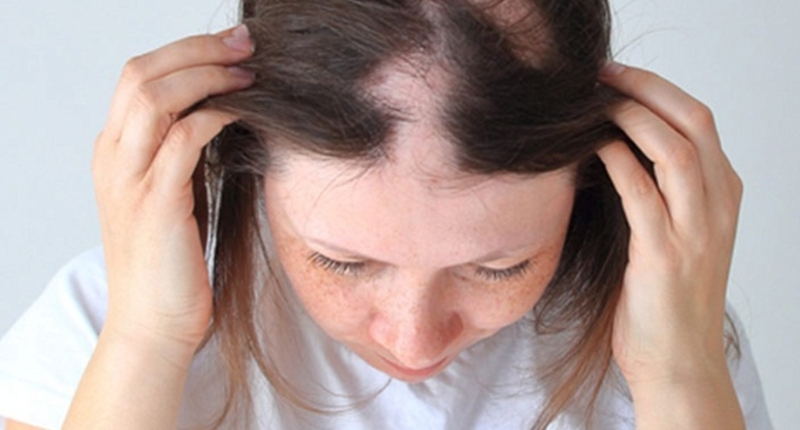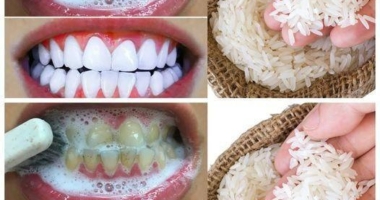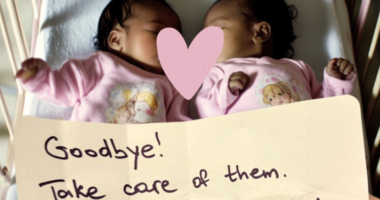Hair loss affects a vast majority of people, and its impact can be life-changing. The technology to monitor and treat hair loss is limited, making it essential to quantify the amount of hair loss. The recent JAMA Dermatology study introduces HairComb, an algorithm that can automatically calculate the percentage of hair loss from images, irrespective of the hair loss subtype. The system achieved 92% accuracy, with no specialized or expensive equipment required, and can be used for real-time hair density monitoring. This technology will standardize hair loss measurements across different conditions, and the hybrid algorithm has the potential to measure hair loss for any hair loss subtype, providing clinicians with more tools to diagnose and treat alopecia. The study provides hope for many individuals who experience hair loss, offering a new and effective approach to hair loss assessment.
New Technology May Revolutionize Alopecia Scoring

A recent study published in JAMA Dermatology reveals that a revolutionary new technology can track hair loss progress by quantifying the percentage of hair loss in alopecia patients using an algorithm. According to the study authors, the implementation of an automated hair loss assessment would enable standardized hair loss measurements across different conditions.
Hair loss affects millions of people worldwide, and its impact can be profound. Dr. Elena Bernardis, the principal investigator of the study and research assistant professor in dermatology at the Perelman School of Medicine, explains that hair loss monitoring, diagnosis, and treatment technologies are still very limited. Therefore, the first step towards managing the condition is to quantify the amount of hair loss.
The multicenter study aimed to create and validate a new algorithmic quantification system called HairComb. The system automatically calculates the percentage of hair loss from images, irrespective of the hair loss subtype. The study collected images of 404 participants, including individuals aged two and above, between 2015 and 2021 at the Children’s Hospital of Philadelphia and through the Penn Dermatology web interface.
The scoring systems were analyzed to determine the correlation between them for 250 participants, 70.4% of whom were female, with an average age of 35.3 years. Of the participants, 75 were diagnosed with androgenetic alopecia, 66 with alopecia areata, 50 with central psoriatic alopecia, 27 with other hair loss diagnoses, including frontal fibrous alopecia, lichen planopilaris, and telogen effluvium, and 32 with healthy scalps with no hair loss. The study authors write that the correlation analysis of scoring systems “showed a strong correlation with baseline hair loss rates, with R2 coefficients of defined values of 0.793 and 0.804 for the rate,” and that HairComb achieved “92% accuracy, 5% regression error, 7% hair loss difference, and an error prediction score comparable to the annotator.”
Dr. Bernardis explains that measuring changes in hair density that are common to all types of hair loss should be no surprise to clinicians. She adds that their new analysis shows how the percentage of hair loss and the scoring system for different types of hair loss are related. In the future, hybrid algorithms could measure hair loss for any type of hair loss, providing clinicians with more tools to diagnose and treat alopecia.
New Technology Enables Real-Time Hair Density Monitoring
HairComb is the first automated hair system that utilizes a standardized approach to allow anyone with a camera to take a picture of the scalp and display real-time hair density for all hair loss subtypes. Dr. Bernardis notes that the technology is accessible since it only requires a cell phone camera, with no specialized or expensive equipment needed.
Don’t miss interesting posts on Famousbio









